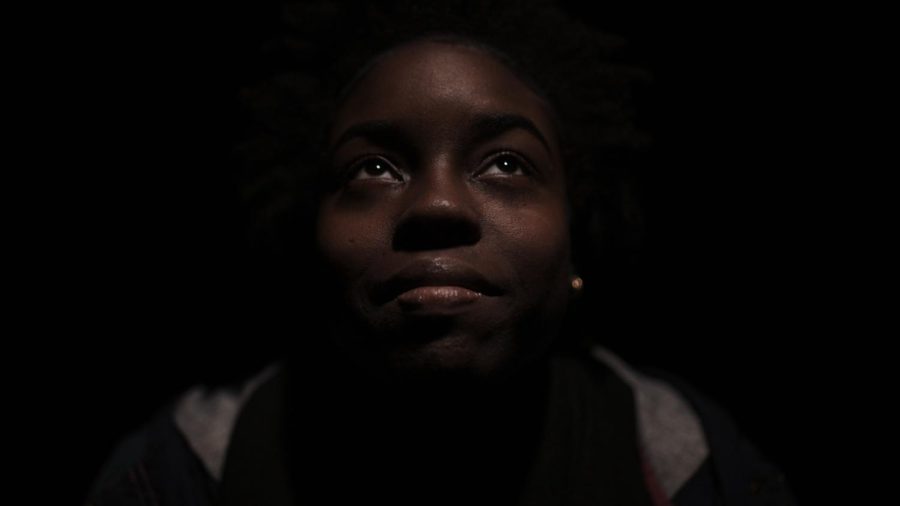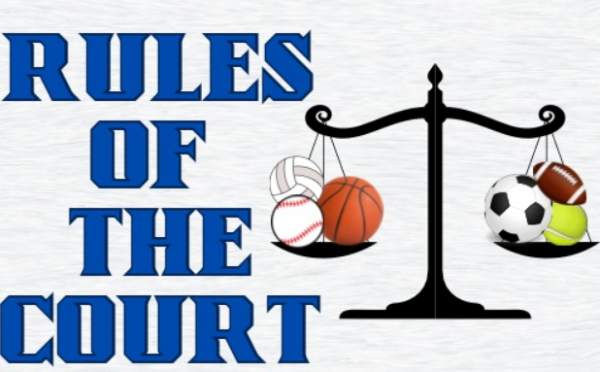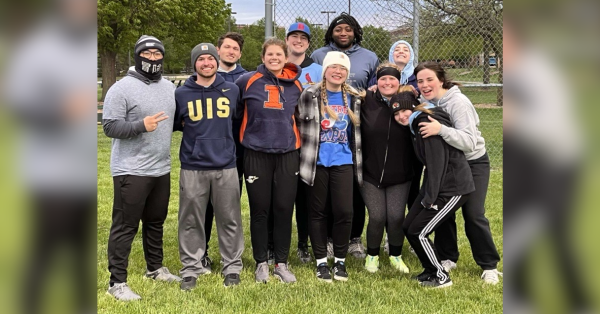Black Neurodivergent Can’t Exist in White Contexts
When sitting down to write this article, I wanted to start with the biography of a historical neurodivergent Black figure. I sat down to do some research but there is just not a thorough enough history of this topic. Granted, neurodiversity is a relatively new term in itself- only being coined in the late 1990s – and only two decades before, shock therapy was widely regarded as an acceptable treatment for those with autism. So, we are still in our beginning phases of progress.
This progress, in order to really be considered progress, needs to be more inclusive of Black people and Black culture. I do not just mean to diagnose more Black people with developmental disorders. I mean that we need to consider why these disparities even exist in the first place, and how that answer can help inform us about how to create a better system that is more helpful to our Black, neurodivergent citizens. To do this, however, we need to understand Black history.
In 1848, a Virginian physician, John Galt, treated slaves who were thought to be deranged by their masters. In his research, he noted that there are fewer “insane” slaves than there are “insane” free Black Americans or free white people. Galt claims this was because slaves were exempt “from much of the mental excitement to which the free population of the Union is necessarily exposed in the daily routine of life.” The narrative that Galt was trying to spin was that slavery protected slaves from mental strife.
However, we know this was not the case because many slaves were still diagnosed as “insane” or with “hysteria” or other vague terms acting as diagnoses. Some psychiatrists then started to argue that it was “biological inferiority” that made Black people more susceptible to mental disease. More slaves are diagnosed with disorders such as Drapetomania, a disorder that causes slaves to run out on their masters, or Dysaethesia aethiopica, which makes slaves lazy and unwilling to work.
Although not every Southern physician at the time approved of these “medical terms,” this is still indicative of Black health being handled in white contexts. We can see why many Black Americans have developed such distrust and disdain for health care systems and for mental health. We still have yet to see services that care about us being Black.
So yes, it is hard to find Black neurodivergent in history, and it is difficult for Black neurodivergent to be diagnosed today. So many neurodivergent behaviors are associated with stereotypical Black behaviors. Struggling in school, recklessness, impulsiveness, trouble with relationships, or holding a job are traits that are just expected of Black people. I am not suggesting that most Black people are neurodivergent, but rather a reconsideration of how we see neurodiversity.
Neurodiversity is a concept created to categorize those who work atypically in the culture that is established. A culture that makes it a lot easier to succeed if you are white, straight, able-bodied, and neurotypical. Neurodivergent diverges from this standard. A standard that Black people are not capable of ever fully reaching.
Neurodiversity needs to be divorced from its white context for it to ever be fully inclusive. We need to question what neurodivergent are diverging from, and what that means for what we consider developmental disorders.
But most importantly, we need to listen to the Black folks who still have yet to see themselves represented in neurodivergent history. It is already enough to be Black. But to be “weird” and black – this is a whole different story. I am not referring to the quirky-edgy-Riverdale version of “weird,” either. I mean “something-has-been-wrong-with-me-all-my-life weird.” And the way that psychiatric care is set up right now, it is so easy for Black individuals to feel alone.
Perhaps you have always had trouble keeping friends, maybe you could not seem to do well in school no matter how hard you tried or maybe you have never felt any sense of control over yourself. The main message here is that you are not alone and you are not the problem!
Links:
- Blacks Are Immune From Mental Illness’ – King Davis, Ph.D. – Psychiatric News
- Neurodiversity: What is it? – WebMD
- History of Autism Treatment – Applied Behavior Analysis Programs
- The Controversy Surrounding Slave Insanity: The Diagnosis, Treatment and Lived Experience of Mentally Ill Slaves in the Antebellum South
Further Reading:








